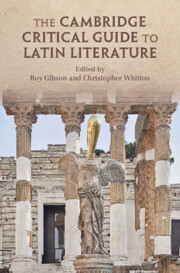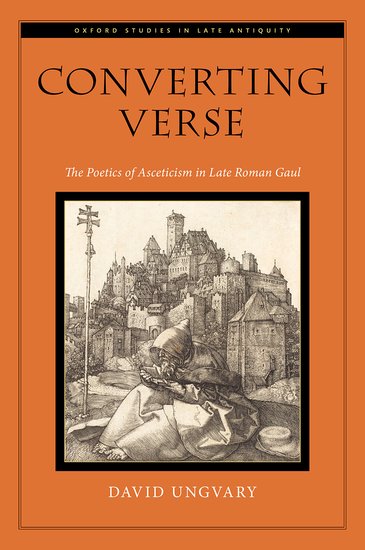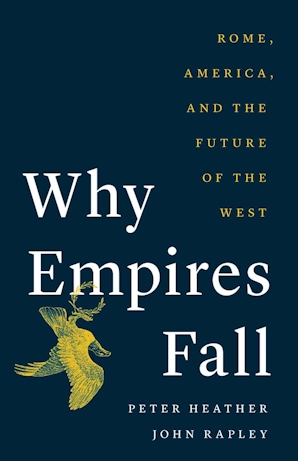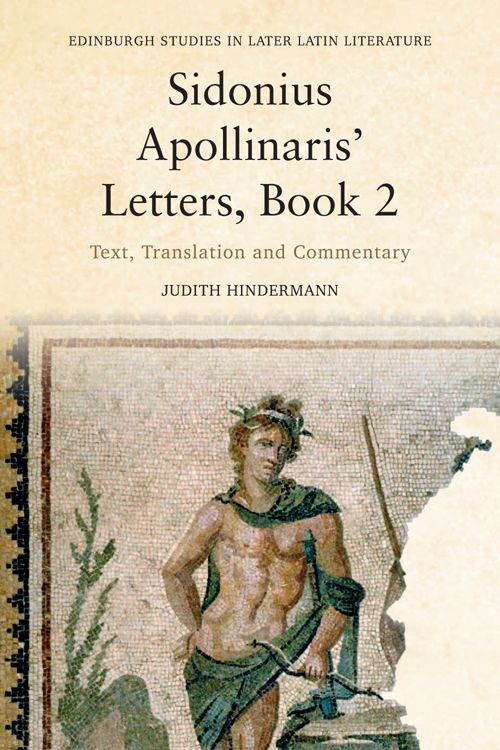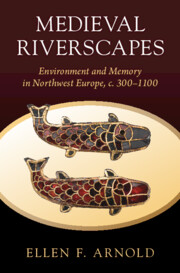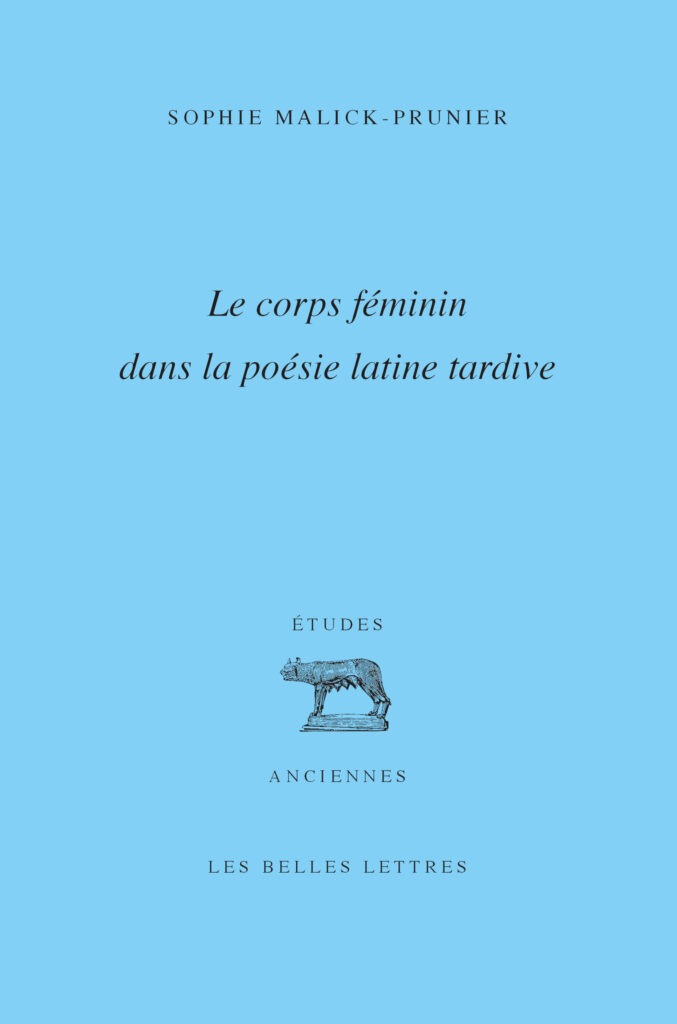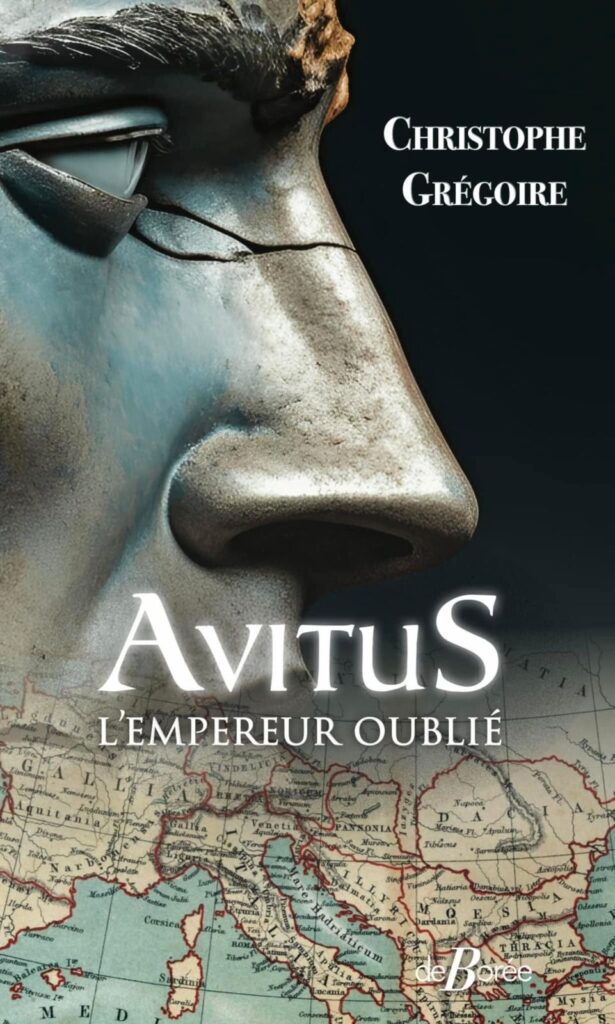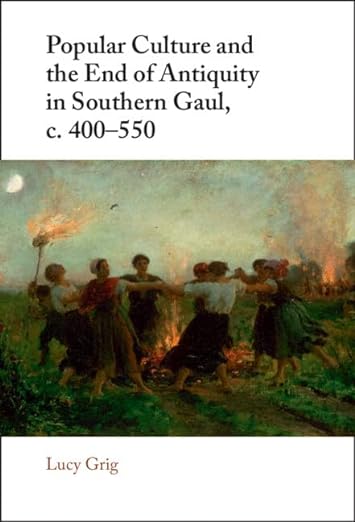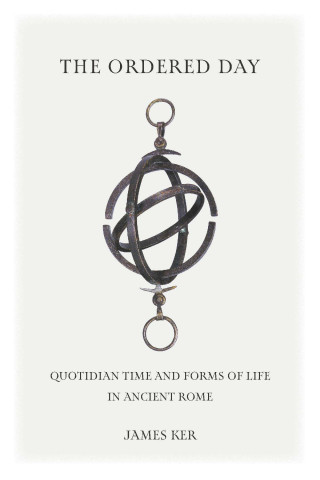New out Roy Gibson and Christopher Whitton (eds), The Cambridge Critical Guide to Latin Literature, CUP 2024.
Sidonius specifically figures in Gavin Kelly’s chapter on Periodisations (pp. 97-157)
“The Cambridge Critical Guide to Latin Literature offers a critical overview of work on Latin literature. Where are we? How did we get here? Where to next? Fifteen commissioned chapters, along with an extensive introduction and Mary Beard’s postscript, approach these questions from a range of angles. They aim not to codify the field, but to give snapshots of the discipline from different perspectives, and to offer provocations for future development. The Critical Guide aims to stimulate reflection on how we engage with Latin literature. Texts, tools and territories are the three areas of focus. The Guide situates the study of classical Latin literature within its global context from late antiquity to Neo-Latin, moving away from an exclusive focus on the pre-200 CE corpus. It recalibrates links with adjoining disciplines (history, philosophy, material culture, linguistics, political thought, Greek), and takes a fresh look at key tools (editing, reception, intertextuality, theory).”
.

